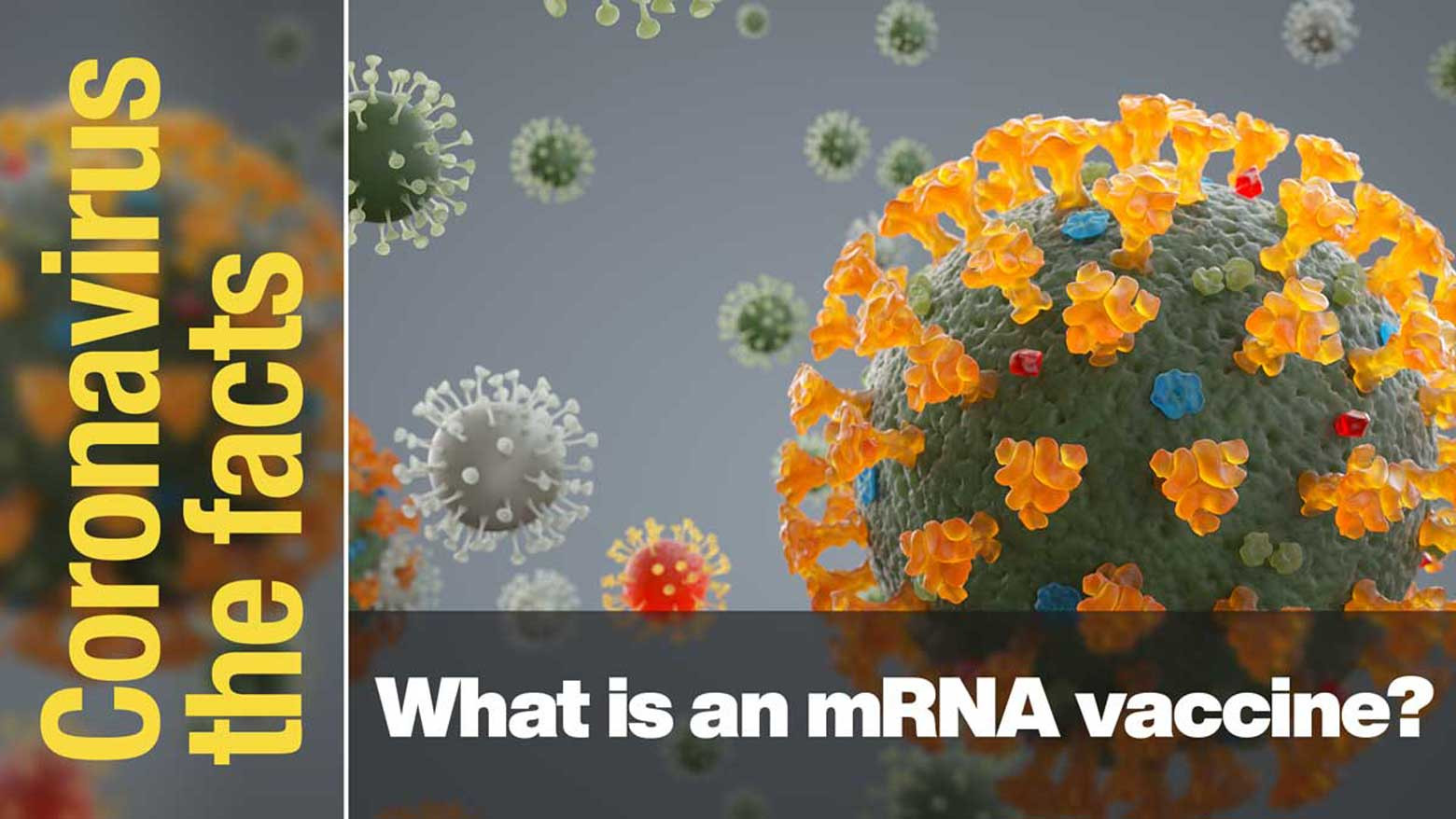This is part 75 of our coronavirus FAQ. Click here to read other installments: #Coronavirus the facts. Find the latest information and answers from experts on everything COVID-19.
What is an mRNA vaccine?
The coronavirus pandemic has seen the development of the first mRNA vaccines for commercial use. These vaccines contain artificially synthesized genetic material from the virus they are designed to fight.
The Pfizer-BioNTech vaccine being used in Japan is an mRNA type; as is the one developed by US firm Moderna.
How does an mRNA vaccine work?
The vaccine contains mRNA, a molecule that includes the genetic information of the "spike protein" that is a notable characteristic of the coronavirus's surface. The mRNA serves as a blueprint for our cells to produce these spike proteins.
This process gives our cells the necessary information to produce antibodies to fight these spike proteins. When the virus actually enters the body, these antibodies immediately attack the spike proteins.
The mRNA molecules themselves are quickly broken down and expelled from the body.
One of the major benefits of this type of vaccine is that the development period is shorter than for conventional vaccines, and could herald the beginning of a new era of immunology.
